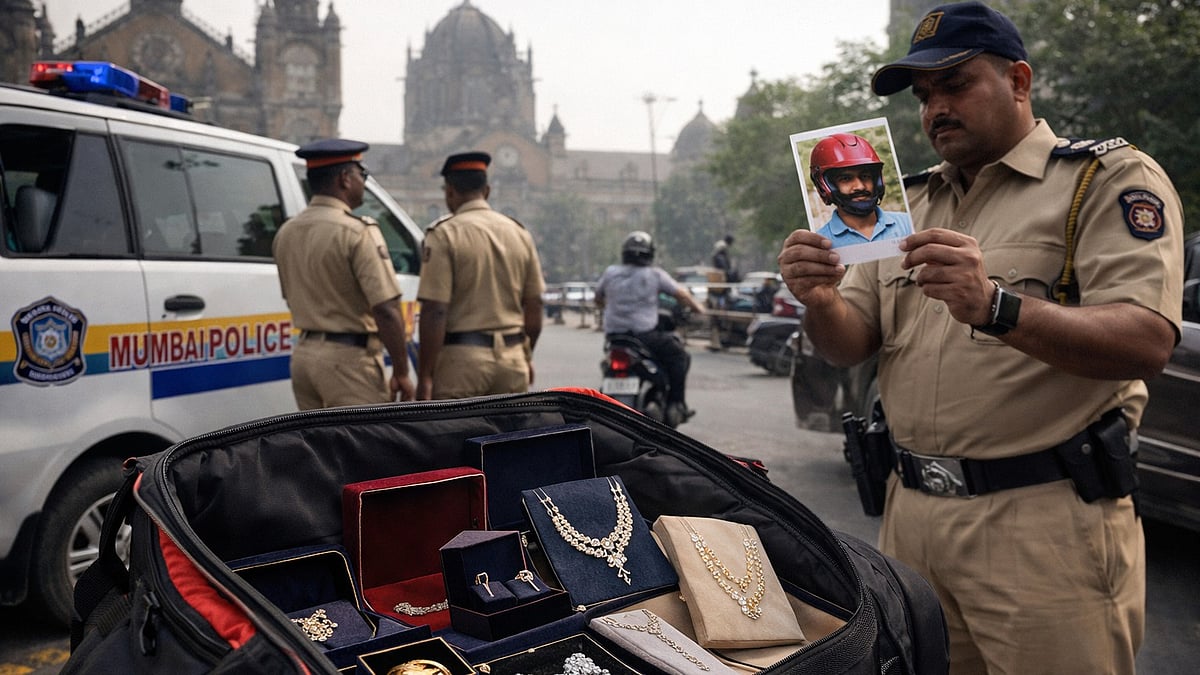Bangkok’s Ratchaprasong intersection was, until recently just a busy junction of major arterial roads outside Bangkok’s Government House, which houses the offices of the Thai Prime Minister and the Cabinet. But the declaration of a state of emergency in Bangkok by the Thai government on Thursday, followed by a harsh crackdown on student-led protesters rallying at the site, is set to change all that. It may well become as well known internationally as Cairo’s Tahrir Square, where a similar popular rally led to the fall of the Hosni Mubarak government and the rise of the ‘Arab Spring’ pro-democracy movement.
By banning public gatherings of more than four persons, censoring the media and preventing the publication of any information and by arresting prominent student leaders and human rights lawyers leading the popular protests in a pre-dawn swoop, the Thai government deems it could “create fear”. Prime Minister Prayuth Chan-ocha has thrown down the gauntlet to the protesters. Given Thailand’s history of bloody suppression of dissent in the past and signs of the royalist Yellow Shirts movement and the Left-Liberal-peasant alliance, known as the Red Shirts, entering the fray on opposing sides makes the threat of a civil war in Thailand a real possibility.
Protests against the Prayuth Chan-ocha government aren’t new. A former military general, he originally seized power in 2014 with the help of a military coup and won a disputed election – widely seen as rigged – last year. But the significant difference this time around is that the Thais aren’t just protesting for democracy and constitutional change – there have been innumerable such coups and pro-democracy popular uprisings in Thailand’s history ever since the monarchy lost its absolute powers in 1932. For the first time ever, protesters have come out openly against the monarchy.
Though lacking any political power, the Thai monarchy has wielded considerable influence on Thai politics and the king is venerated as a living god. But King Maha Vajiralongkorn, who ascended the throne in 2016 after the death of his father King Bhumibol Adulyadej, is known more for his extravagant lifestyle (he lives mostly in a swank hotel in Germany) and colourful personal life (he has been married four times and became the first Thai king in modern times to take an official consort). This has not gone down well with a population struggling to cope with the devastating economic impact of the Covid-19 pandemic.
While Thailand has been quite successful in combating the virus, the economy has been battered, with the GDP forecast to shrink between 9-12 per cent this year. Over 70 per cent of the workforce has seen its income halve, while 75 per cent of tourism-related small businesses are on the verge of closure. In this situation, the monarchy’s $1 billion drain on the depleted budget has rankled with the public. While the government had announced a 1.9 trillion Baht (over $62 billion) relief package for businesses, actual disbursements have been far short of this sum. According to media reports in Thailand, 1.1 million SMEs, with outstanding loans of over 2.2 trillion Baht, applied for relief loans at low interest, but banks have so far only lent only about 100 billion Baht. The widespread economic distress, particularly in the rural areas, has added fuel to the protest fires.
The immediate responses of the government do not lend confidence to the belief that there can be a peaceful resolution to the current crisis. The emergency declaration on Thursday and the arrest of protest leaders, as well as both royalist and pro-democracy sides amassing forces in rural areas preparatory to a march on Bangkok, do not augur well for the future. India, which shares a maritime boundary with Thailand in the Andaman Sea, which has been witness to attempts of greater expansionism by China, shares close political, cultural and economic ties with Thailand.
The India-ASEAN free trade agreement on trade in goods dates back to 2010 and the India-ASEAN FTA in Services and Investments was inked in 2014. India has much to lose from prolonged unrest in its extended neighbourhood. In view of the heightened tensions with China, closer relations with ASEAN, of which Thailand is a prominent member, are of paramount importance. Major Indian business houses, including the Tatas, the Aditya Birla Group, Mahindra, NIIT, Ranbaxy and Dabur, to name a few, also have significant investments in Thailand.
It would be in India’s interest if it exercises the considerable agency it enjoys with all parties to the conflict in China – General Prayuth was a guest of honour at India’s 2018 Republic Day celebrations – to bring about a speedy and peaceful resolution. At any event, with the once taboo topic of the monarchy now a subject of street protest, it is clear that Thailand has reached its own ‘Tahrir Square’ movement. Whatever happens hereon, it is clear that Thailand’s monarchy will never be the same again.




